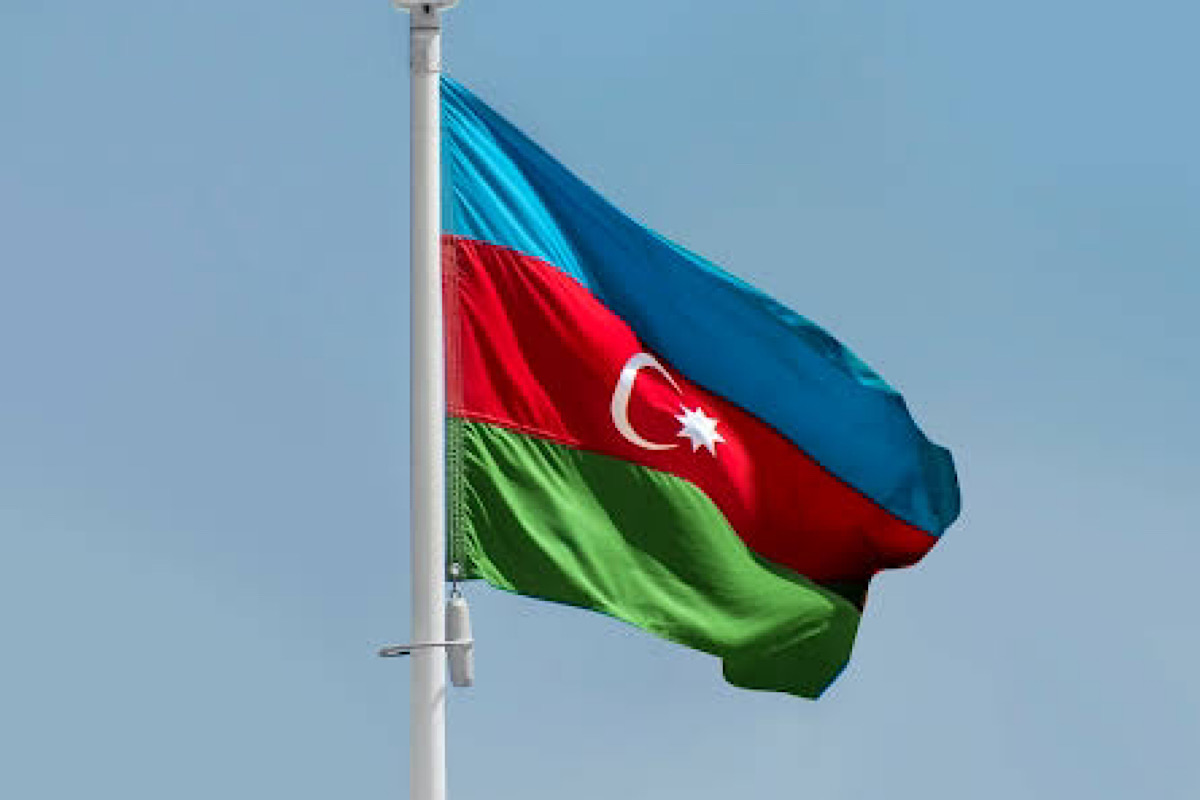Explosions heard across Ukraine amid missile attacks
Explosions were heard in several Ukrainian regions late on Friday amid Russian missile attacks, local media outlets reported.
Azerbaijan launched an “anti-terror operation” to take control of Nagorno-Karabakh, an Armenian populated enclave inside the borders of Azerbaijan, last fortnight.

Azerbaijan Flag (File Photo)
Azerbaijan launched an “anti-terror operation” to take control of Nagorno-Karabakh, an Armenian populated enclave inside the borders of Azerbaijan, last fortnight. Within 24 hours of the assault, Armenian residents of Nagorno-Karabakh threw in the towel and inked a cease-fire agreeing to “reintegration” with Azerbaijan. This short and bitter conflict has already sparked the exodus of 100,000 Karabakh Armenians from their homeland and nobody is sanguine that it will not escalate into yet another full-scale war between Armenia and Azerbaijan. As regional security expert Asli Aydintasbas iterates, the Caucasus betrays the limits of Western power at Europe’s edges.
American and European policymakers and peacemakers were reported to be working around the clock in the days leading up to the Azeri offensive but could not prevent it. Indeed, the West seems increasingly helpless in Russia’s backyard. The complicated map of self-governing enclaves and exclaves in the Caucasus is a legacy of the Soviet system that helped Moscow divide and rule its backyard. Following the collapse of the Soviet Union, Armenians and Azeris fought over territory, resulting in a famous Armenian victory and territorial gains in the 1990s. The past decade or so, however, has seen the balance of power in the Caucasus shift dramatically. Azerbaijan has steadily risen as a force in the region thanks to its status as a source of energy for Europe, which has been further enhanced in the wake of the oil and gas shortage due to the Ukraine war. Azerbaijan is also acquiring military heft and has forged strong security-military ties with both Israel and Turkey.
Armenia, on the other hand, is increasingly isolated. Its relationship with its traditional benefactor-cum-protector Russia has run into rough weather after the 2018 ‘democratic revolution’ which brought Mr Nikol Pashinyan, the country’s current leader, to power. Yet, its overtures to the West have yet to yield the kind of solidarity the Armenians are looking for ~ military and financial support against its arch enemy and neighbour. The oneday conflict in the Caucasus in September means that the Azeris have succeeded in asserting control over the last of the territories they lost to Armenia in the 1990s; Baku had reclaimed the rest in a 2020 offensive. Azeri talk of “reintegration”, say experts, gives no comfort to Armenians nor guarantees cultural and political rights for them.
Advertisement
Azerbaijan, of course, can hardly be termed a democracy and the atrocities its troops have committed have been particularly brutal though both sides are guilty of crossing the line repeatedly. The overriding concern among regional capitals is that the tensions around Nagorno-Karabakh will inevitably lead to a broader war between the neighbours. While Armenia is looking to push back against Azeri expansionism, Azerbaijan is thought to be intent on opening a land corridor to the Azeri enclave of Nakhchivan (and eventually neighbouring Turkey) via Armenian territory. Neither Russia nor the West, intent as they are on their own face-off, seem interested in intervening and the socalled Global South is conspicuous by its
Advertisement